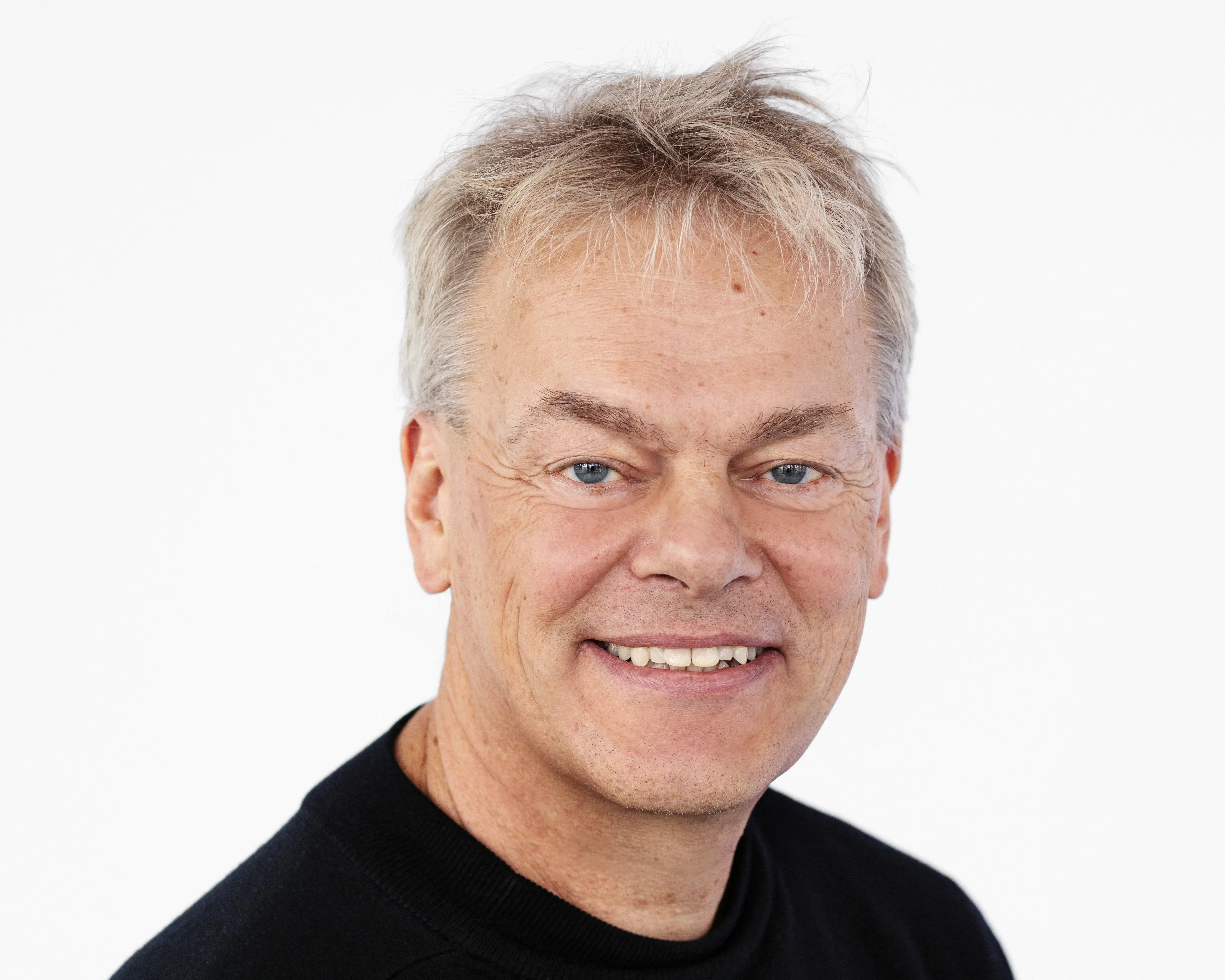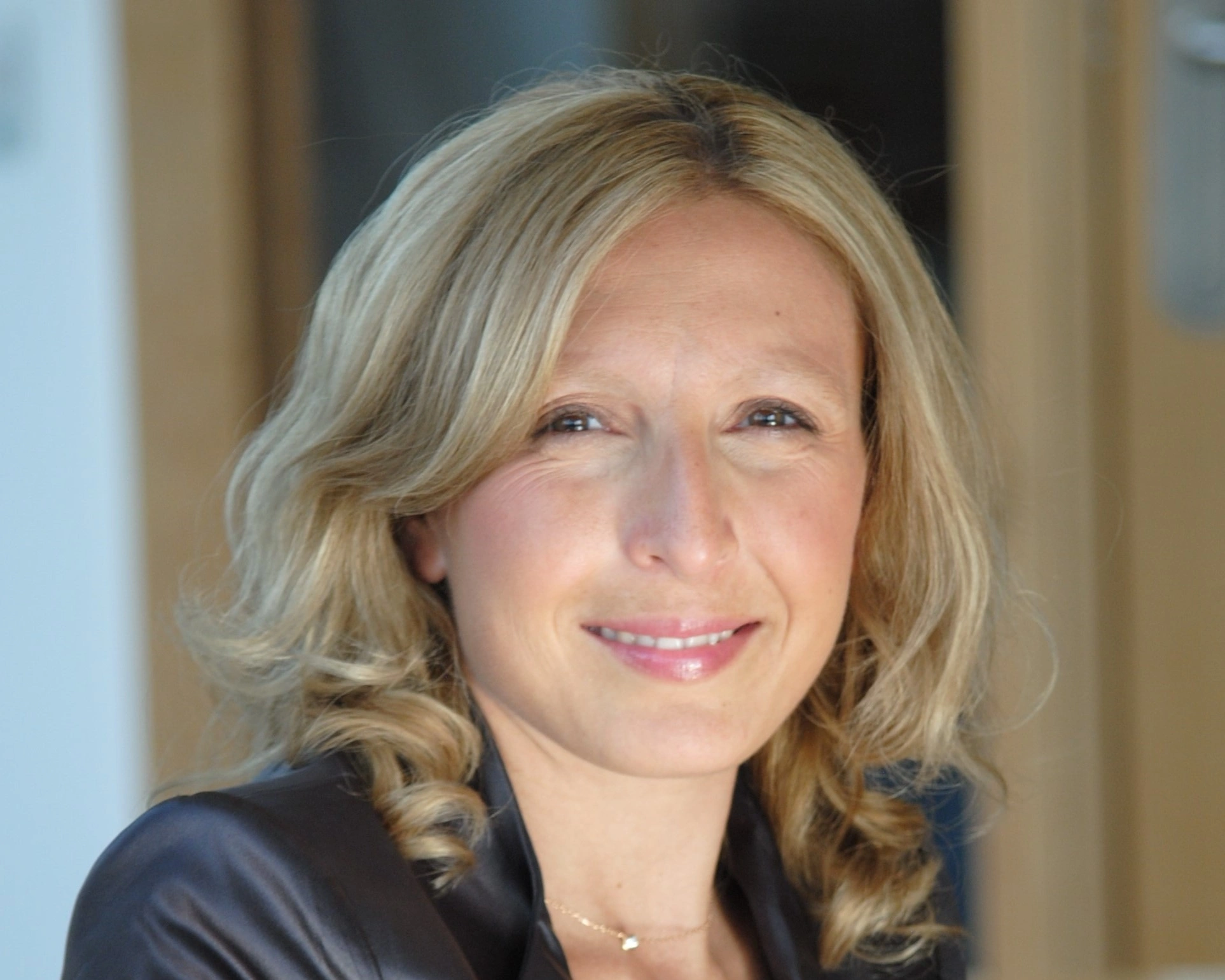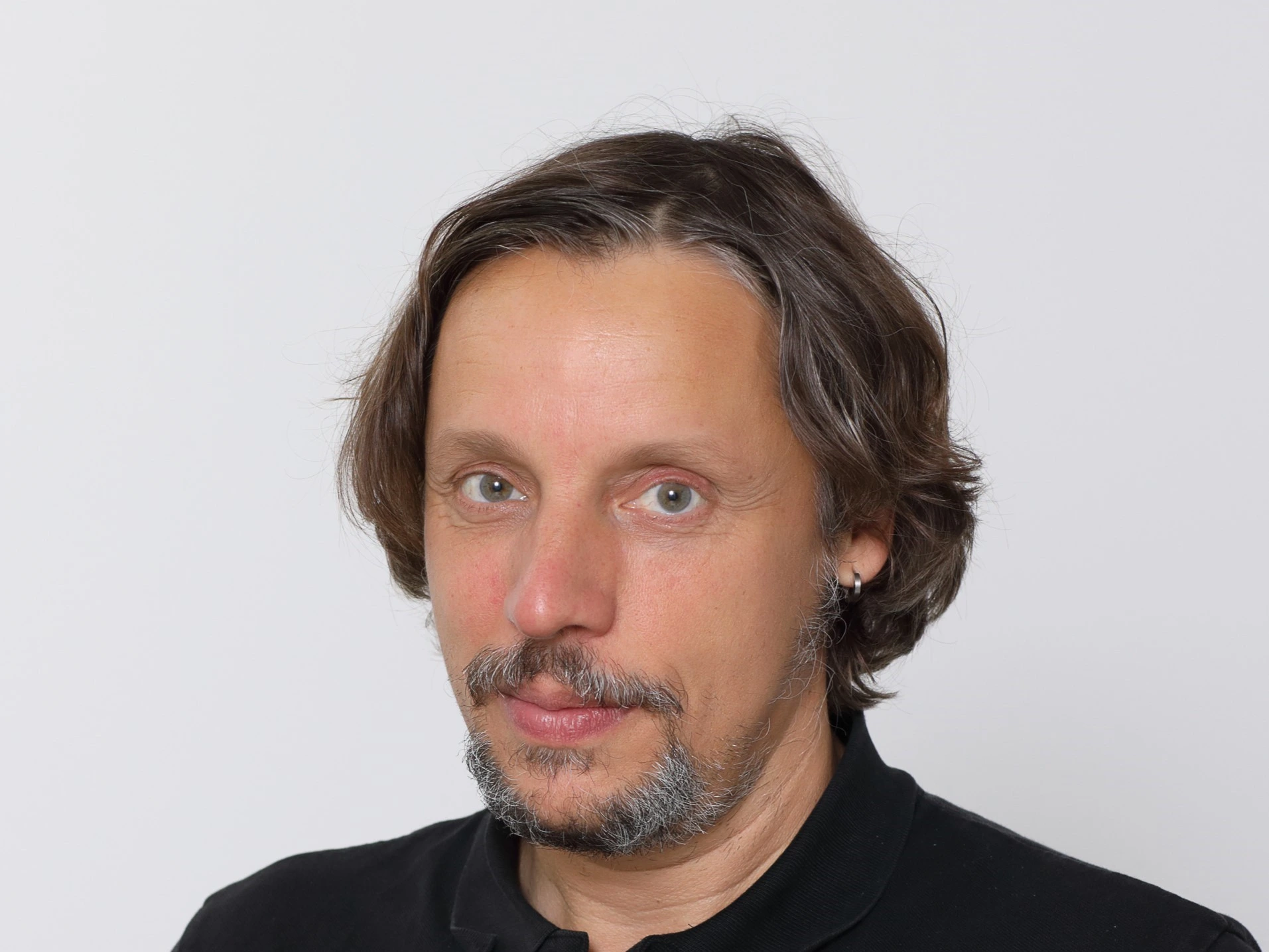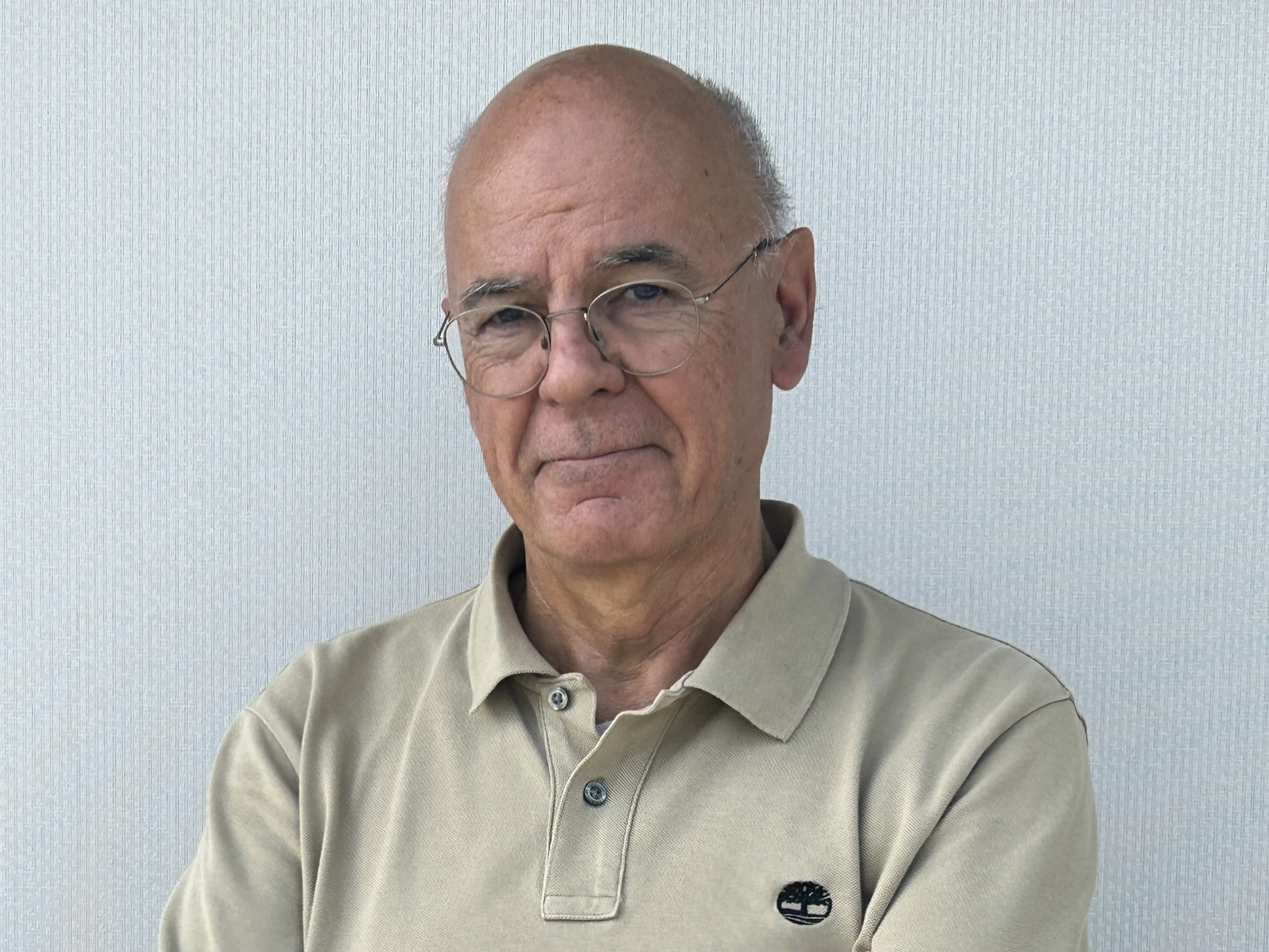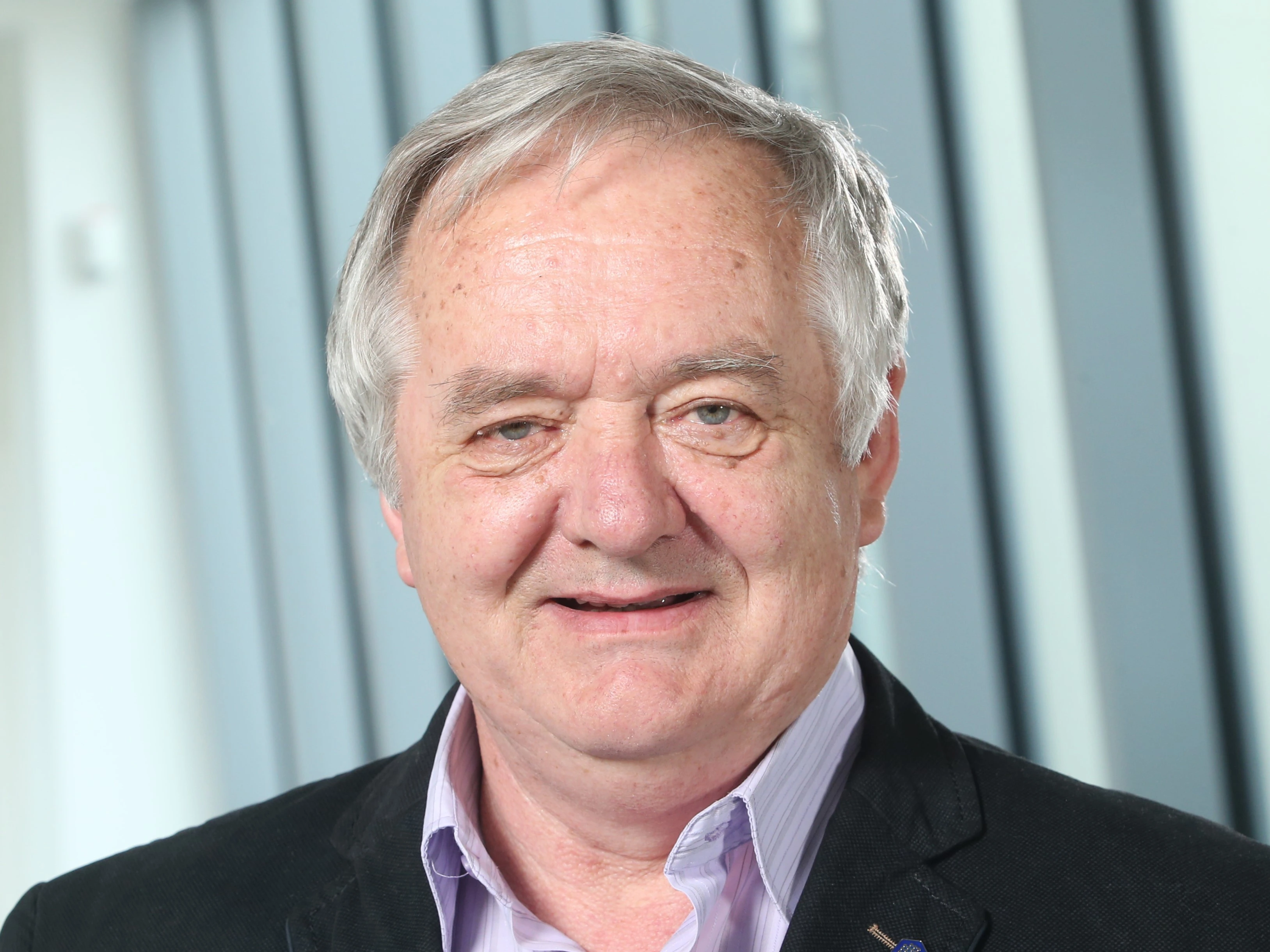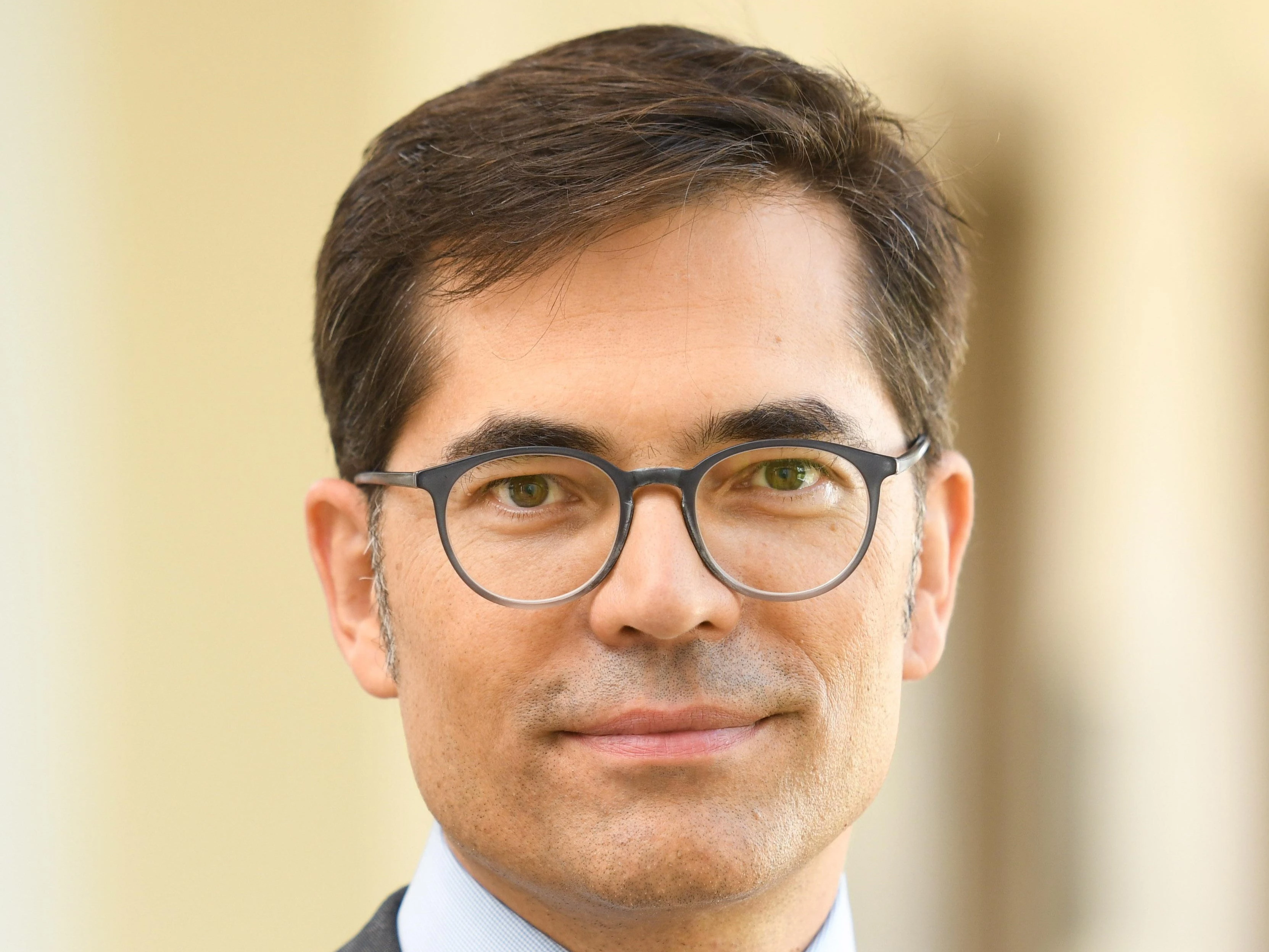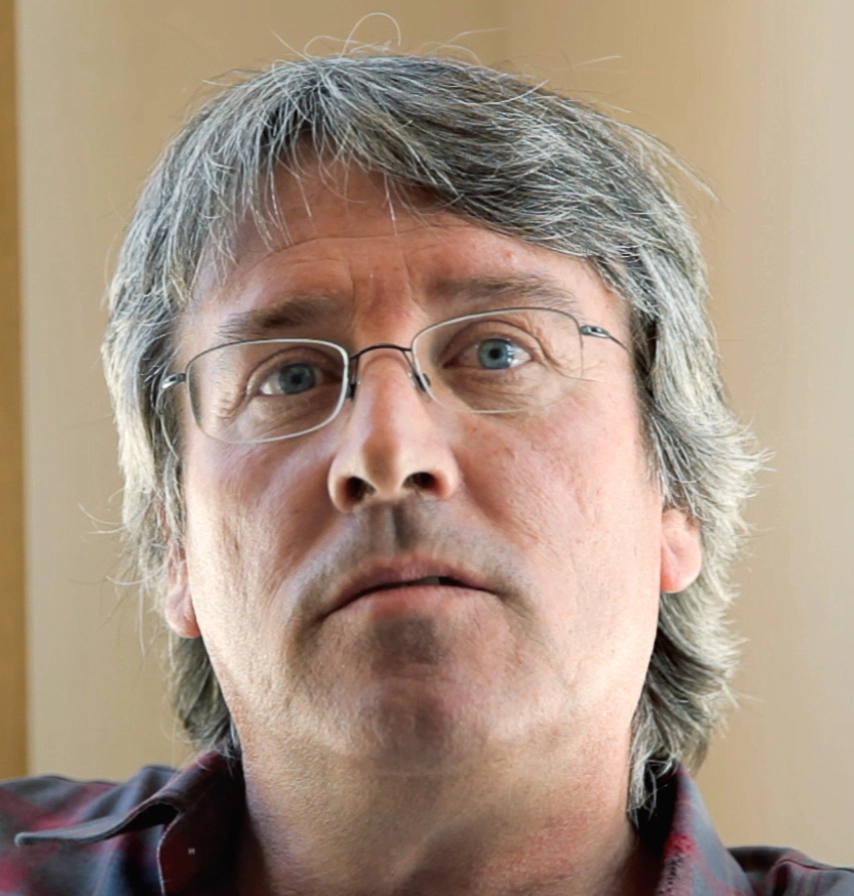International jury
Stephen Reicher
Social Psychology
International jury
Stephen Reicher
Social Psychology
Stephen Reicher, Ph.D., FBA, FRSE, is the Bishop Wardlaw Professor of Social Psychology at the University of St Andrews. A leading figure in social psychology, his work explores the dynamics of group behaviour, social identity, and the relationship between individuals and society.
Reicher is renowned for his contributions to crowd psychology, particularly his development of the Social Identity Model of Crowd Behaviour, which challenges traditional views of crowds as irrational. His research demonstrates that collective behaviour is shaped by shared social identities, which guide normative conduct and can lead to either peaceful or conflictual outcomes depending on context.
His work spans several key areas: the psychology of collective action, the construction of social categories through language and interaction, and the role of political rhetoric in mass mobilization, especially concerning national identity. He has collaborated extensively with scholars such as Alex Haslam, notably on the BBC Prison Study, which re-examined the dynamics of tyranny and resistance in simulated prison environments. Along with Haslam and Michael Platow, he has also written ‘The New Psychology of Leadership’ with the third edition coming out in 2026.
Reicher has held academic positions at the Universities of Dundee and Exeter before joining St Andrews in 1997. He has served as editor for major journals and advised governments, including participation in both the UK’s official SPI-B committee and the Independent SAGE committee during the COVID-19 pandemic.
Currently, he is involved in a number of projects on crowd phenomena (in the UK, India, Turkey and Canada). His research continues to influence public policy, leadership studies, and our understanding of how identities shape collective behaviour and how collective behaviour shapes identities in times of crisis and change.
